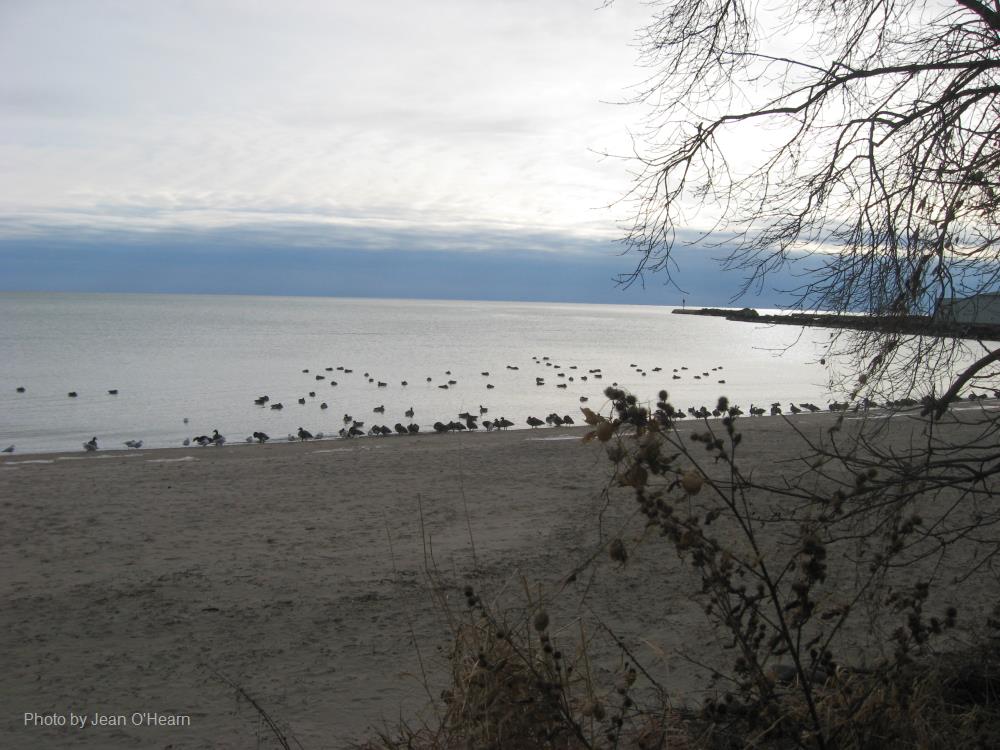
Related items loading ...
Section 1: Publication
Publication Type
Book Chapter
Authorship
Martin-Hill, D., Gibson, C.M., de Lannoy, C.F., Gendron, D., Chen, K., McQueen, D., Looking Horse, M., King, C., Grewal, H., Deen, T.A., Makhdoom, S., Chow-Fraser, P., Sekerinski, E., Selvaganapathy, P.R., Arain, M.A.
Title
Striving Towards Reconciliation through the Co-Creation of Water Research
Year
2022
Publication Outlet
In: Sioui, M. (eds) Indigenous Water and Drought Management in a Changing World. Current Directions in Water Scarcity Research, Volume 4, pp. 13-40. Elsevier
DOI
ISBN
ISSN
Citation
Martin-Hill, D., Gibson, C.M., de Lannoy, C.F., Gendron, D., Chen, K., McQueen, D., Looking Horse, M., King, C., Grewal, H., Deen, T.A., Makhdoom, S., Chow-Fraser, P., Sekerinski, E., Selvaganapathy, P.R., Arain, M.A. (2022) Striving Towards Reconciliation through the Co-Creation of Water Research. In: Sioui, M. (eds) Indigenous Water and Drought Management in a Changing World. Current Directions in Water Scarcity Research, Volume 4, pp. 13-40. Elsevier.
https://doi.org/10.1016/B978-0-12-824538-5.00002-9
Abstract
Water issues in Indigenous communities of “Canada” are rooted in the settler-nation’s history of colonialism. Conventional approaches to water management have failed to provide Indigenous communities with water security and limit Indigenous self-determination. Innovative and community-led approaches to water monitoring and management can help promote Indigenous water governance. The Co-Creation of Indigenous Water Quality Tools (CCIWQT) research project is a Haudenosaunee-led approach to improving water security in Six Nations of the Grand River (Six Nations). In alignment with the needs and priorities of Six Nations and underpinned by Haudenosaunee values, the goal of CCIWQT is to develop a broad range of “tools” that can assist in enhancing the community's control over their water management. These tools are being developed through a novel interpretation of co-creation. For CCIWQT, co-creation works to harmonize Indigenous and Western approaches to science by recognizing and respecting the need for knowledge coexistence without assimilation. This Indigenous-led approach to research may be one feasible way to involve non-Indigenous researchers in a reconciliation-based research process that avoids subsuming Indigenous and Local Knowledge into Western ontologies. This book chapter reflects on various reconciliation efforts that were guided by the Indigenous researchers and community members and pursued by the non-Indigenous natural scientists and engineers. Specific CCIWQT research activities are featured to demonstrate how reconciliation “Calls to Action” were applied in practice, while challenges and recommendations are discussed based on the research team's experience.
Plain Language Summary


 GWFNet
GWFNet Master
Master Data
Data Research
Research Map
Map
 Advanced
Advanced Tools
Tools
 . . .
. . .
 Metadata Editor
Metadata Editor
 Record List
Record List
 Alias List Editor
Alias List Editor
 Legacy sites
Legacy sites